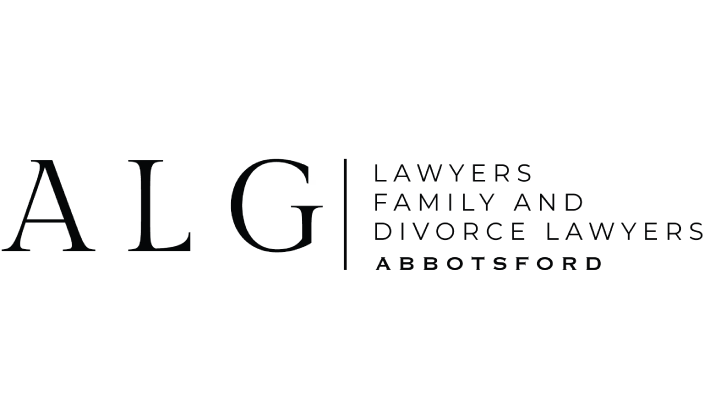As an experienced probate lawyer in British Columbia, I understand that dealing with a loved one’s estate can be overwhelming. One common concern is the cost of probate, including probate fees. Understanding these fees, how they’re calculated, and strategies to minimize them can help ensure a smoother estate administration process.
What Are Probate Fees in BC?
In British Columbia, probate fees are charges imposed by the provincial government when an estate goes through probate. Probate is the legal process of validating a will and granting authority to the executor to administer the estate. These fees are payable to the BC Supreme Court before an executor can begin distributing assets.
How Are Probate Fees Calculated?
Probate fees in BC are based on the gross value of the estate at the date of death, meaning the total fair market value of all assets subject to probate. The current fee structure is:
- No fee for estates valued at $25,000 or less
- 0.6% (or $6 per $1,000) on the value of the estate between $25,000 and $50,000
- 1.4% (or $14 per $1,000) on the value of the estate over $50,000
- A flat $200 court filing fee
Example Calculation:
If an estate is valued at $500,000, the probate fees would be calculated as follows:
- First $25,000: $0
- Next $25,000: $150 (0.6%)
- Remaining $450,000: $6,300 (1.4%)
- Total Probate Fees: $6,650 + $200 filing fee = $6,850
Strategies to Reduce Probate Fees Legally
While probate fees in BC are unavoidable in most cases, there are legal strategies to minimize them:
1. Joint Ownership with Right of Survivorship
Placing assets (such as a home or bank account) in joint tenancy allows them to pass directly to the surviving owner without probate.
2. Designating Beneficiaries on Accounts
RRSPs, RRIFs, TFSAs, and life insurance policies can have named beneficiaries, allowing assets to bypass probate and go directly to the intended recipient.
3. Transferring Assets to a Trust
Assets placed in an alter ego trust or joint partner trust (for individuals over 65) are not subject to probate, as they are legally owned by the trust.
4. Gifting Assets Before Death
Giving assets to family members while still alive can reduce the estate’s overall value and lower probate fees. However, tax implications should be carefully considered.
5. Multiple Wills
BC allows individuals to have separate wills for different types of assets (e.g., one will for private company shares and another for general assets). This strategy can reduce probate fees by keeping certain assets outside of the probated estate.
Common Misconceptions About Probate Costs
1. “Probate Fees Apply to All Assets”
Not all assets are subject to probate. Jointly owned property, assets with named beneficiaries, and trust-held assets may not require probate.
2. “Having a Will Means No Probate Fees”
Even with a valid will, probate may still be required if the estate includes real estate, financial accounts, or other assets that require a grant of probate to be transferred.
3. “Small Estates Don’t Need Probate”
While BC does not charge probate fees for estates under $25,000, probate may still be necessary depending on the nature of the assets.
Conclusion: Plan Ahead to Minimize Probate Fees
Probate fees can significantly impact an estate’s value, but careful planning can help minimize these costs. Consulting with an estate planning lawyer can ensure that your estate is structured efficiently, reducing unnecessary expenses and delays.
If you need assistance with probate or estate planning in British Columbia, ALG Lawyers is here to help. Our experienced probate and estate lawyers in Abbotsford, Surrey, and Vancouver can guide you through the process. Contact us today: ALG Lawyers – Contact Us.






